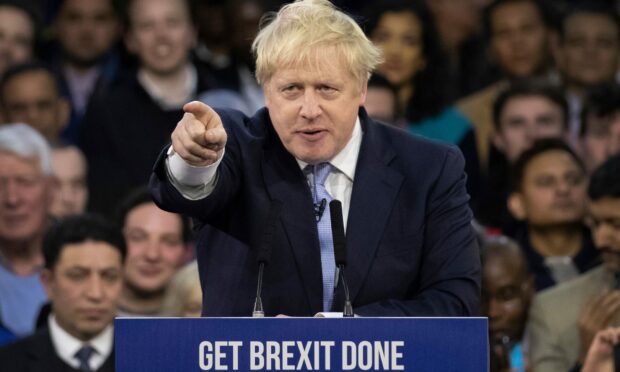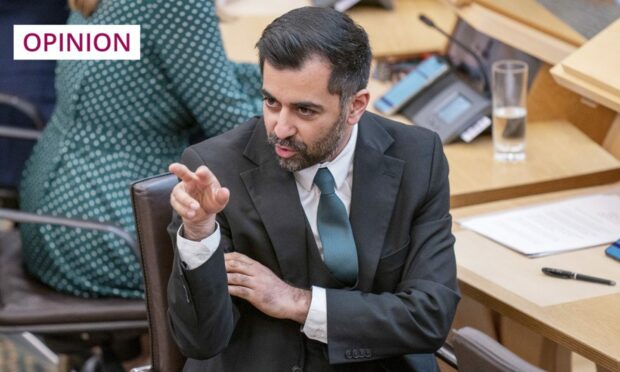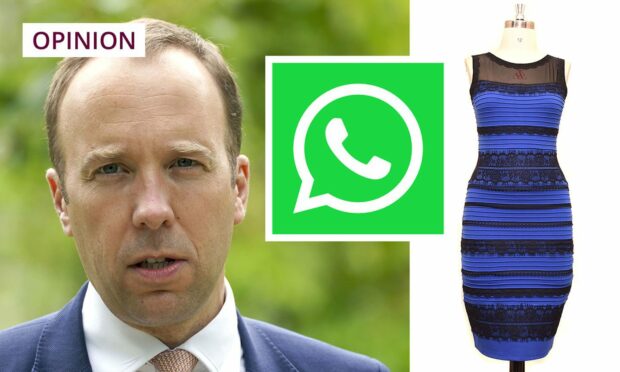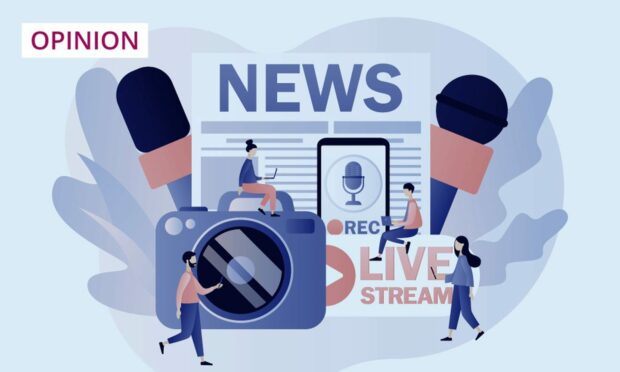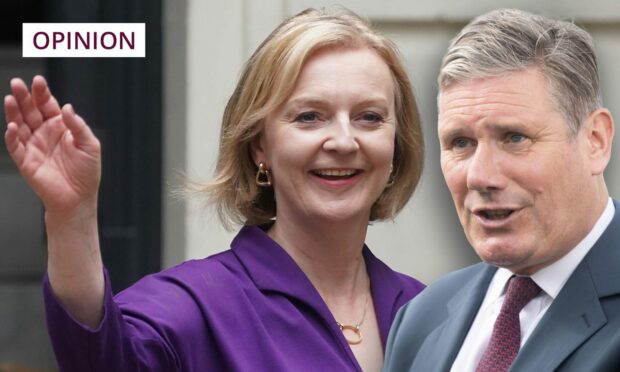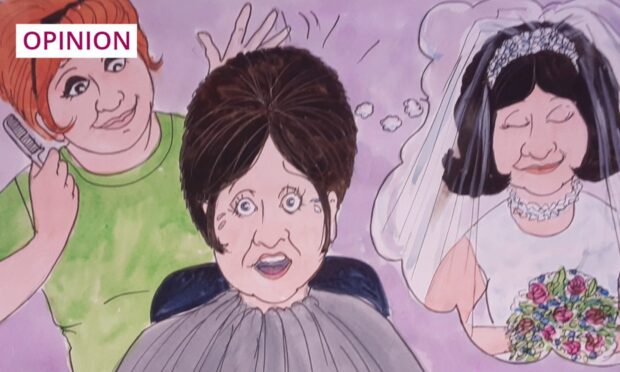If you want to understand the next few years in British politics the key lies not in Kyiv or in the Covid numbers. Instead look to a bit of research by some social scientists into the apparently passe topic of Brexit.
The evidence was there to see in Boris Johnson’s Conservative conference speech at the weekend. His comparison between the horrors of war in Ukraine and the UK vote to leave the EU was nothing short of sickening and crass and a better man and a better prime minister would have thought better of it.
But it was no accident. Johnson said that British people shared a love of freedom with Ukrainians. Broadly true of course. But then, there’s not a nationality on earth that would choose any of the alternatives.
The PM cited two ‘recent examples’ to support his claim that the British are supremely fond of freedom. One was the take up rate of Covid vaccinations. He claimed this was because folk didn’t want ‘people like him’ telling them what to do. Even though he, and the entire government machine which is mainly made up precisely of people like him – white men who went to the right schools, spent months telling people to get vaccinated. So they did.
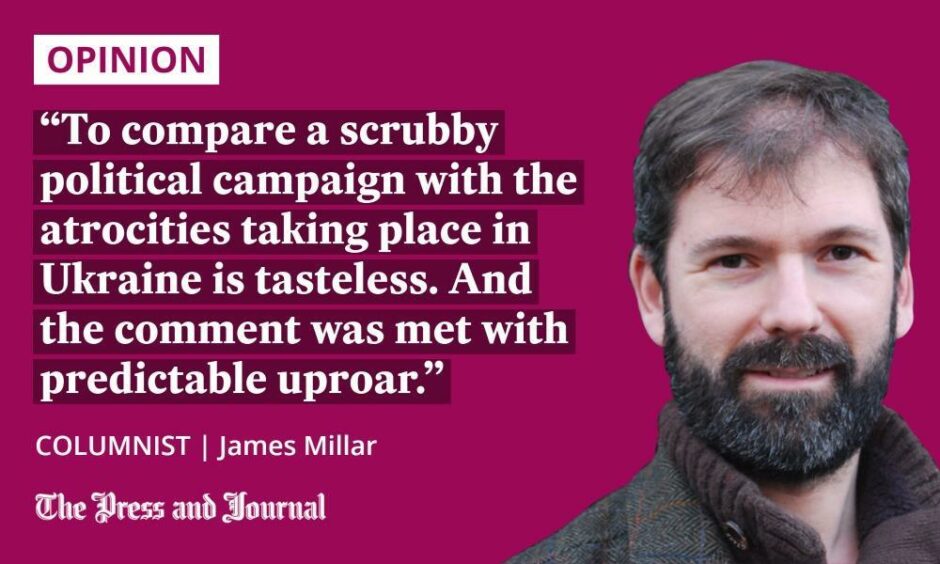
He proved that people don’t like being told what to do by pointing to an example of people doing what they were told. Heaven knows what they teach them at Eton.
Voters still cling to their Remain and Leave identities
His other example was the Brexit vote. To compare a scrubby political campaign with the atrocities taking place in Ukraine is tasteless. And the comment was met with predictable uproar. But the outrage came almost entirely from sections of the press, and from European politicians. Exactly the sort of people Brexit voters disdain.
Boris Johnson reached for the Brexit button on purpose. It’s his trump card. It’s also his Trump card.
To mark two years since Brexit, the UK in a Changing Europe think tank published a compilation of new reports from every social scientist of standing they could garner. There was buried treasure among the 100-plus pages of geekery.
The Rosetta Stone that allows us to translate the goings on in Westminster for the foreseeable future lay in a section on elections. It revealed that voters still cleave to their Remain and Leave identities. Around two thirds of voters still identify primarily as Leave or Remain. And within those camps a similar proportion say that Brexit-based identity is either very or extremely important to them.
Ukraine war: Boris Johnson sparks fury after comparison to Brexit https://t.co/vDBlH89Xfj
— BBC News (UK) (@BBCNews) March 19, 2022
Within the parties the picture is a little more complex but fundamentally Leavers are likely to vote Conservative, so it’s in the Tories’ best interests to nurture the idea of Brexiteers and Remoaners and continue to kindle the Brexit divide.
It’s no coincidence that Johnson was in Blackpool when he reanimated Brexit. The skewed logic Johnson’s trying to sell is aimed squarely at those Red Wall voters that didn’t just put him in Downing Street but gave him a big enough majority to insulate him when his many failings are exposed.
Boris Johnson wants to be seen as the man who got Brexit done
The argument runs thus: you voted Brexit to make your life better, your life isn’t better, therefore Brexit can’t actually have been done. And who do you trust to get it done – Boris Johnson or the Remainer Keir Starmer? The logic looks dodgy. But remember, asking swathes of the current Conservative coalition of voters to follow the more obvious path – that their lives haven’t improved because they were sold a pup by the Brexiteers who are more interested in their own niche visions of British society – is to demand they alter their sense of self.
You don’t get elected on a programme that challenges the electorate’s very identity. (And this, of course, also presents a problem to parties with pro-European supporters who don’t want to be told that Brexit is not going to be reversed). So expect Boris Johnson to repeatedly return to Eurosceptic themes in the months and years ahead as he seeks to corral his voters round the one thing they agree on. If he gets his way the next one will be another Brexit election. It’s pretty low politics but it’s his best, perhaps only, hope of remaining in Downing Street.
Boris Johnson famously wanted to have his cake and eat it throughout the Brexit negotiations. Reality intervened, but could not halt him. He’s trying to do the same again. He wants to be seen as the man who both got Brexit done, and will get Brexit done. He’s ranging himself against logic and reality. But who ever voted for a programme of logic and reality? He knows that as long as he keeps banging the Brexit drum, enough of the electorate will likely rally behind him.
James Millar is a political commentator, author and a former Westminster correspondent for The Sunday Post
